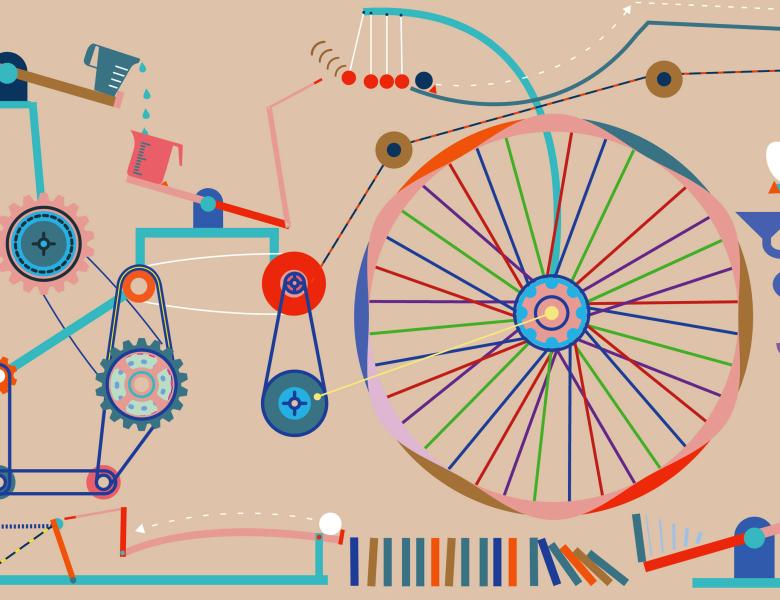
Abstract
Quantum correlations are obtained when multiple parties perform independent measurements on a shared quantum state. Bell’s seminal theorem proves that certain correlations predicted by quantum theory resist explanation in terms of any local theory based on shared randomness. But what about alternative explanations for quantum correlations, in terms of an exotic theory involving bipartite causal sources generalising bipartite entanglement (such as the PR box, or more generally any bipartite resource GPT) and shared randomness? I will first prove that no such exotic theory can account for quantum correlations, proposing a concrete test generalising Bell experiments, based on the GHZ state. It certifies that No Bipartite-Nonlocal Causal Theory Can Explain Nature's Quantum Correlations. I will generalise this result to more general causal theory based on k-partite (and not only bipartite) systems and shared randomness. Then, I will propose a fully general definition for the ´most general causal theory of correlations in causal structures´ generalising quantum theory. On a more practical aspect, I will question the standard notion of genuine multipartite nonlocality introduced by Svetlichny and propose a stricter redefinition of it, not subject to the incoherencies of all precedent notions of multipartite nonlocal genuiness and compatible with the notion of no-signalling. Talk based on 10.1103/PhysRevLett.127.200401, 10.1103/PhysRevA.104.052207 and unpublished work.


